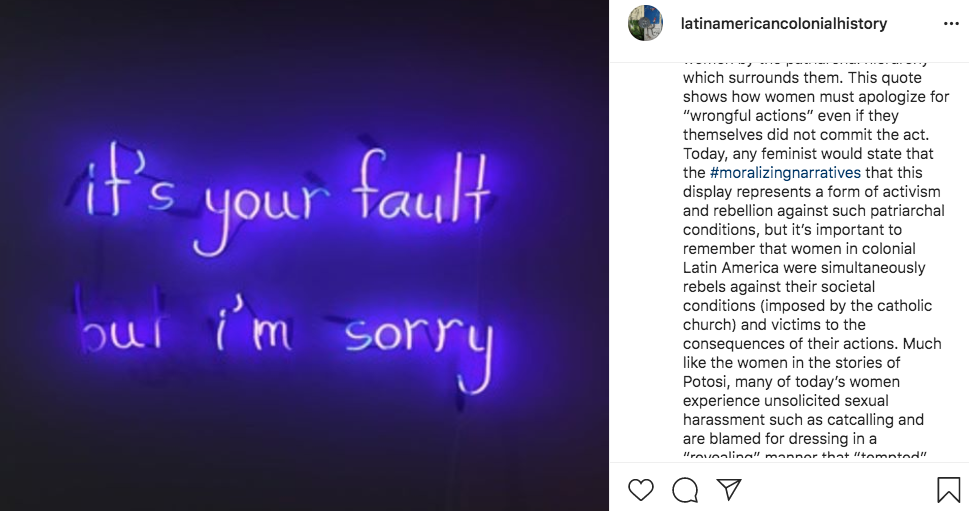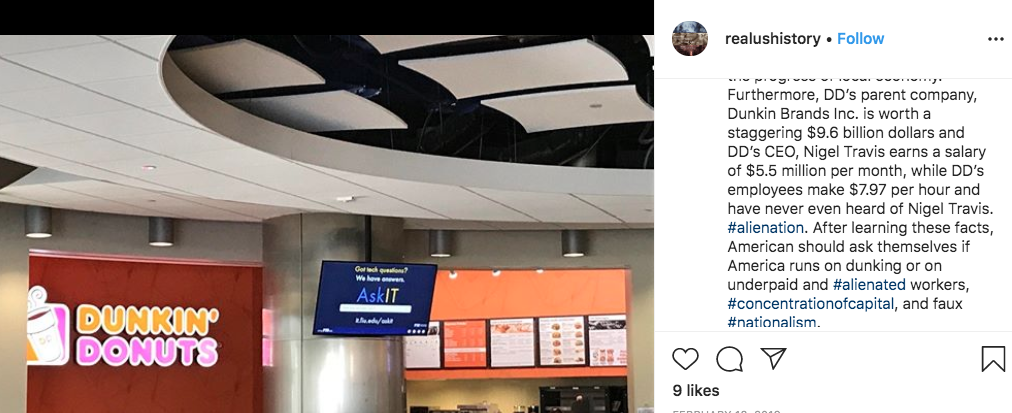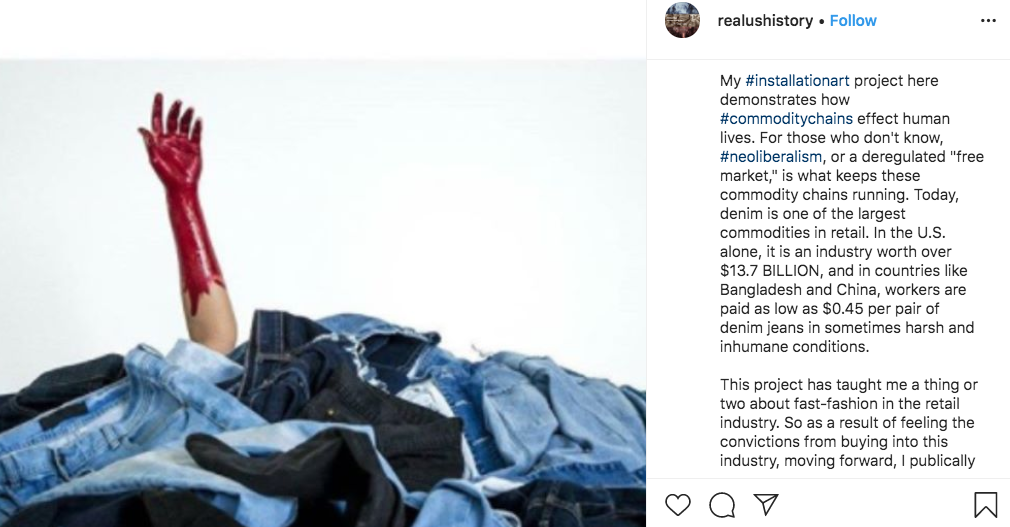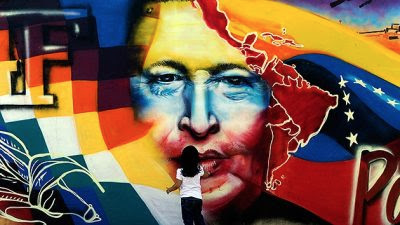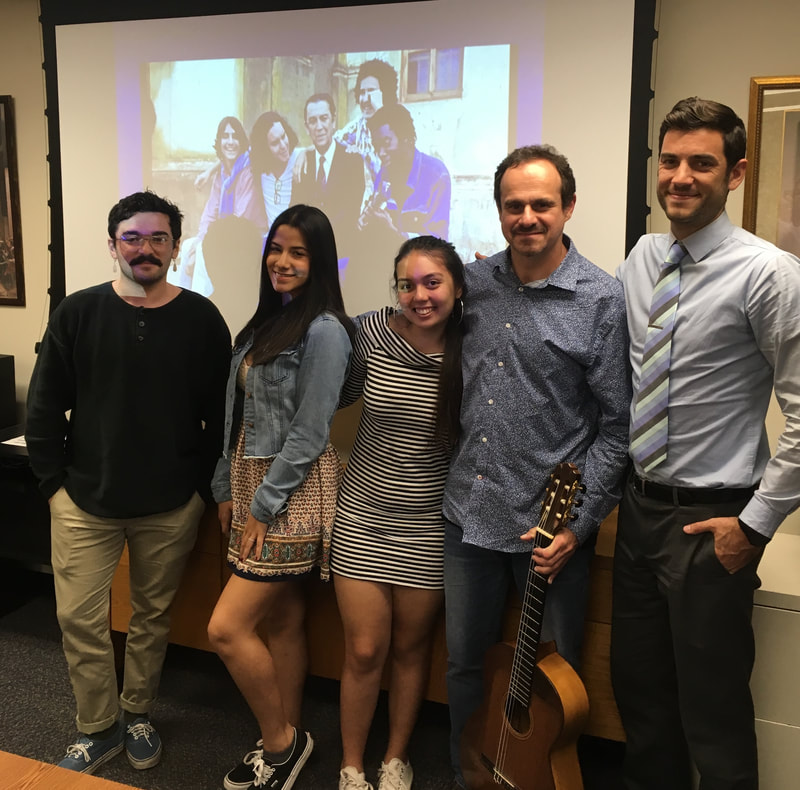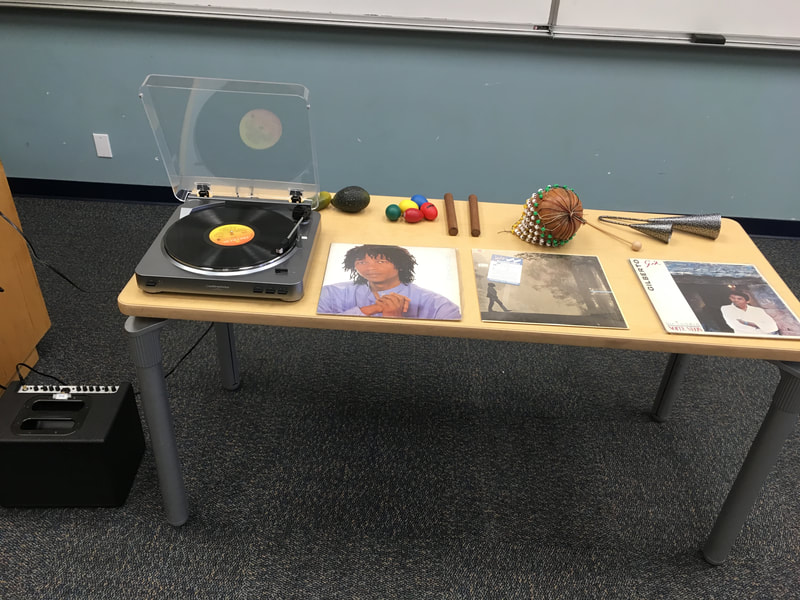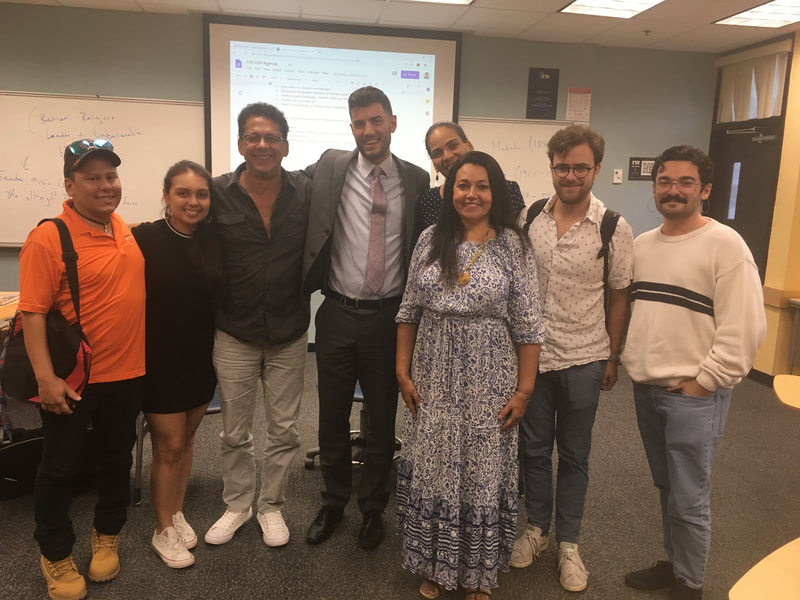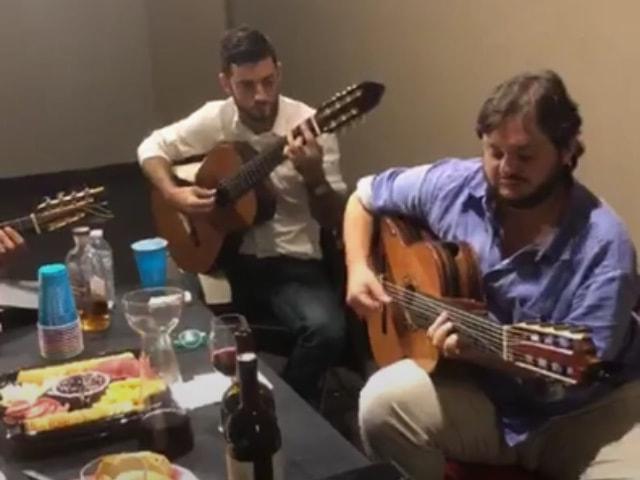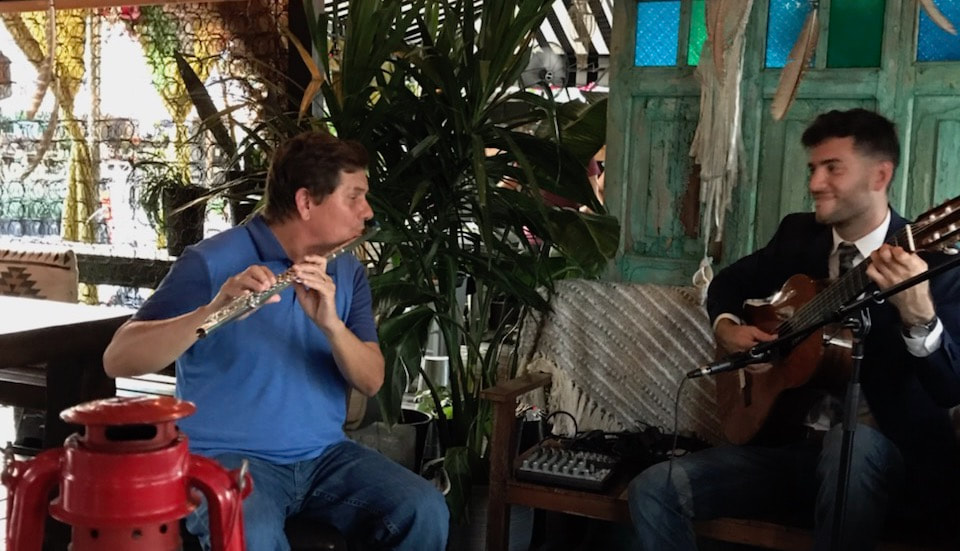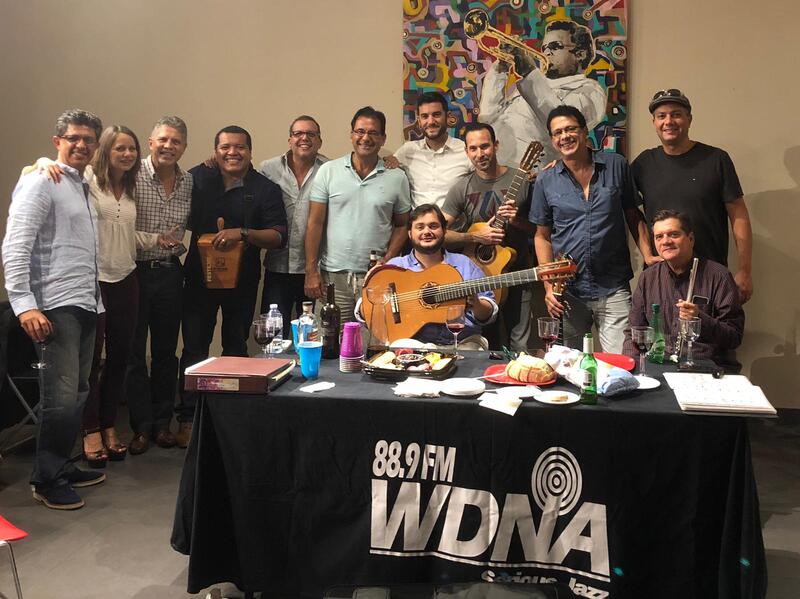The Aims
My classroom interventions are designed to get students to understand the intense relevance of history. The aim is to raise up the next generation of scholars, by which I mean students committed to a lifelong pursuit of understanding themselves and their world. Latin America is every day more tightly woven into the US experience, meaning that studying the region provides students cultural awareness of home as much as abroad.
Over the past five years I have developed a suite of projects I call #ResearchMedia. The goal is make creative--sometimes subversive--interventions in social media so that the advertising is minimizing and the critical thinking expanded. Imagine: a twitter account where students intentionally have 0 followers. This is the beginning of the Twitt@rchive. Or envision an Instagram project where you are not allowed to snap a photo until after you find a political hashtag at work around you. This is the Histagram. Such interventions get students working with history beyond the walls of the classroom. More significantly, they transform student interactions with social media and with their communities.
I outline a couple of these project below, and then share my course offerings. Reach out to me at my Adelphi email address if you want to know more.
Over the past five years I have developed a suite of projects I call #ResearchMedia. The goal is make creative--sometimes subversive--interventions in social media so that the advertising is minimizing and the critical thinking expanded. Imagine: a twitter account where students intentionally have 0 followers. This is the beginning of the Twitt@rchive. Or envision an Instagram project where you are not allowed to snap a photo until after you find a political hashtag at work around you. This is the Histagram. Such interventions get students working with history beyond the walls of the classroom. More significantly, they transform student interactions with social media and with their communities.
I outline a couple of these project below, and then share my course offerings. Reach out to me at my Adelphi email address if you want to know more.
The Histagram
A Histagram is a student-shot photo that illustrates a course concept at work in the student’s everyday environment. The term is a portmanteau of “History” and “Instagram,” the social-media platform that allows for live-stream photo documentation of everyday life. But in our history classes, Instagram gets transformed into a portal of scholarly research and historical archiving. Students search for #hashtagged course concepts at work in their own environments (such as #structuralviolence and #institutionalracism) and, when they find such a case, they snap a picture and make connections with historical authors with early cases (to @webdubois).
The project allows teachers to assess student understanding of course concepts. What is more, the project helps students to develop a critical eye, inviting them to revisit their ordinary experiences with the eyes of a scholar.
The project allows teachers to assess student understanding of course concepts. What is more, the project helps students to develop a critical eye, inviting them to revisit their ordinary experiences with the eyes of a scholar.
Time-Machine Millionaire
The Time-Machine provides students of modern US history and modern Latin American history courses the unprecedented opportunity to recognize the value and relevance of historic awareness. Eight times throughout the semester, eight students take the stage in what appears to be a model UN style debate. But there is one difference: half the students have just been "blasted" through a time machine and speak as the historical actors we spent the last two weeks discussing in class. These actors are consultants to a real-life political issue in the news right now. They provide counsel and experiential knowledge from their successes and words of warning from their own mistakes.
Rules & prompts can be sent upon request; I include in the link below a sample prompt from TMM: Latin American Edition.
Rules & prompts can be sent upon request; I include in the link below a sample prompt from TMM: Latin American Edition.
The Courses
|
Latin America: Colonial Latin America: Contact to Revolution Latin America: Revolution & Modernity Intro to Latin American & Caribbean Studies History of Brazil Música Popular Brasileira: Sons e Manifestos |
US & Research Seminars: LxVx: Digital History Through Latinx Voices Jr Research Seminar: Gender & Sexuality Sr Research Seminar: Music & Nationalism Modern American Civilization: The Art of History American History from 1877-Present |
The Music
When my courses intersect with themes like nationalism, artistic production, and culture industries, I try to bring in artists that can speak to these topics from personal experience. And I make sure they bring their instruments to provide a chance for some experiential learning. The pictures below are from my Summer 2019 Portuguese-language course "Musica Popular Brasileira: Sons e Manifestos." The featured artists included (clockwise from top left) Tabajara Belo (Minas Gerais); Ramatis Moraes and Rose Max (Rio de Janeiro); Carlos Danuzio Lima (Maranhão, on flute); and an invitation to hear Yamandu Costa (Rio Grande do Sul) live or on radio.
